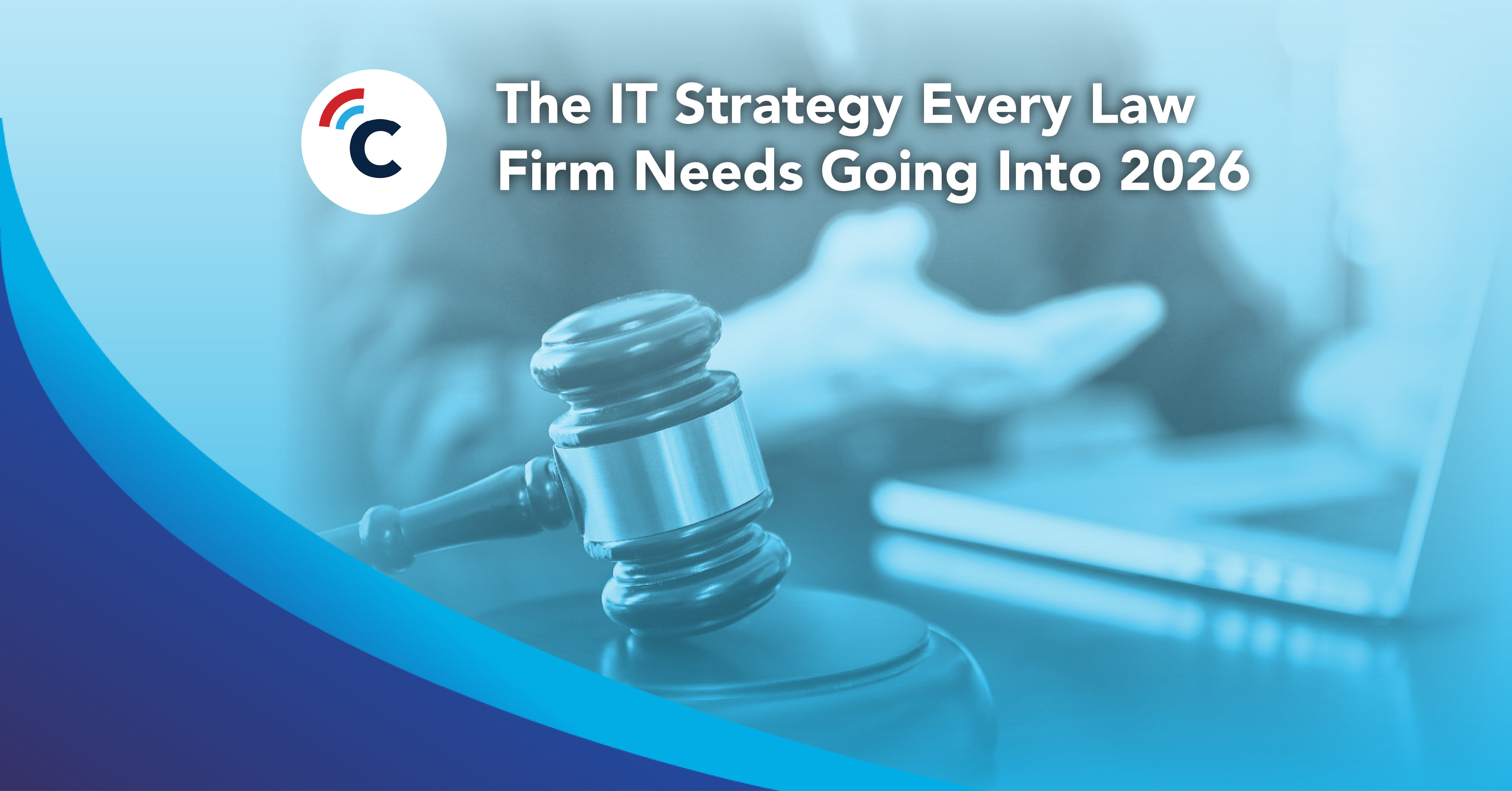11 min read
Best IT Strategies for Law Firms Going Into 2026
Why should a law firm invest in a strong modern IT strategy? Today’s legal teams depend on secure, reliable technology to protect sensitive...
2 min read
 Jason Holmes
Mar 13, 2017 8:00:00 AM
Jason Holmes
Mar 13, 2017 8:00:00 AM

On October 14, 2012, Felix Baumgartner teamed up with Red Bull Sports to take a then-world record free fall skydive, jumping from an astonishing 127,852 feet.
In my role as a vCIO, I've had plenty of clients come to me with questions about their own hesitations with making the leap of faith of moving their organization "to the cloud." I can assure you - the fears that IT managers, business owners, and office managers have are warranted. The decision to move to cloud services is a stressful one at that.
Everything you read and hear today is about how great the cloud is (and don't get me wrong, I agree), but I find value in highlighting the potential downfalls or traps that should be investigated before the migration.
For my clients, I decided to put together a list of nine questions to ask themselves and their support staff to ensure a smooth-as-possible transition. I wanted to share this list with you, as well, so you'd be able to have another resource on-hand when making your own decision.
Depending on what type of cloud you are investigating (SaaS, PaaS, or IaaS - I'll cover the difference in each of these in my next blog), security is usually the first topic that comes to mind for any business owner or support staff personnel. Having a good grasp of the security risks associated with cloud migration is essential to a successful transition.
1. Who has access to support my cloud environment? Are they bonded, and do they have background checks before employment?
2. Do I have regulatory requirements that I need to meet when moving to the cloud?
3. Is encryption being used in transit? If so, what level?
4. How is my data separated from others in the data center?
5. What happens if there is a security breach? How fast am I contacted, and what is my reaction protocol?
6. What are my disaster recovery and business continuity plans if the cloud was to experience a disruption?
With these questions in mind, you'll be prepared to address any pre-and-post concerns with your cloud provider and ensure your staff is on the same page in the event of a security issue.
One of the most overlooked issues with cloud computing migration is the potential for service lock-in. With so many apps and services intertwined, it can be a tough web to untangle once your organization is in the cloud - and you may not realize that your service provider has you locked in until it's too late. These service lock-ins have caused many organizations financial headaches, especially when transferring to another provider.
7. If you have to create/modify any APIs from any line of business software you use or connections to your cloud resources, have you determined which of those processes could potentially lock you in long-term with a provider?
Save your organization time and by ensuring that your team is well-versed on the processes that are in play.
The support staff assisting you in your organization's cloud migration should be your best resource during the process. Make sure you are on the same page before the transition.
8. Can your support staff effectively move you to the cloud with minimal disruption?
9. Once you're in the cloud, can they maintain and manage the APIs and connections?
As I tell most of my clients, moving your business applications to the cloud is an important next step for many organizations. When it comes time for you to make the decision, take small steps and not one giant leap.

11 min read
Why should a law firm invest in a strong modern IT strategy? Today’s legal teams depend on secure, reliable technology to protect sensitive...

2 min read
The Louvre’s password became the punchline of a global story after a heist revealed major security concerns for the museum. Reports say the password...

6 min read
Organizations of all sizes handle enormous volumes of data. Data is one of the most valuable assets of any organization.Unfortunately, it’s also a...